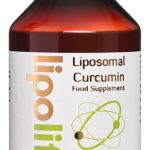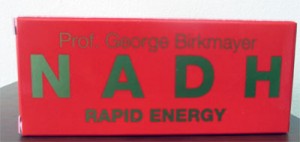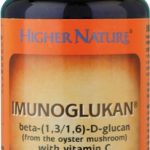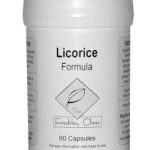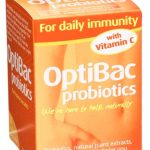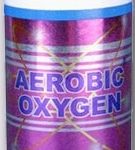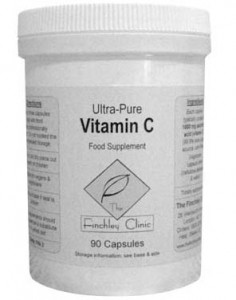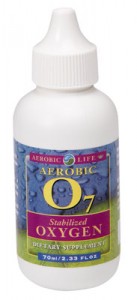Did you know that bacteria can be beneficial to you? If you follow this blog, are a regular customer with us or have consumed probiotics in the past, you might well be. If you’re not or haven’t done any of those things, though, it could well be news to you. Yes, true; the wrong bacteria in the wrong place in our bodies can certainly do harm (hence why we use antibacterial products), but the right bacteria in the right parts of our bodies can do us considerable good. A case in point is, indeed, the consuming of probiotics.
If you’re unaware of exactly what probiotics are, well, it’s understandable. They’re something we hear about all the time in the media but aren’t actually explained very often.
A vast array of live micro-organisms that, once consumed and present in the digestive system, help promote good health in the digestive tract (the intestines and digestive organs) and the immune system, probiotics are commonly referred to as ‘good’ or ‘friendly’ bacteria – in contrast to ‘bad’ bacteria that cause bugs and diseases when they find their way into our bodies. We can consume probiotics through specific foods, drinks and, yes, naturally-derived supplements.
What are the benefits of probiotics?
So why are probiotics so good for our health? Well, research suggests they can help protect our bodies in two different ways. The first is all about what they do in the digestive tract. Here, their presence aids in ensuring a balance between the gut’s ‘good’ and ‘bad’ bacteria; the scales can be tipped in favour of the ‘bad’ due to poor diet, antibiotic over-reliance, stress, poor sleep hygiene and environmental factors. Thus, ‘bad’ bacteria dominance is highly common – which means consuming probiotics can genuinely make a difference to one’s health.
And, owing to their variety and versatility, there’s a large spread of benefits that different probiotics can deliver; the various types of probiotic being determined by their genus, species and strain level. Two of the most common ways to categorise probiotics are as:
- Lactobacillus – experts believe there are more than 50 species of lactobacilli bacteria, usually to be found in the body’s digestive, urinary and reproductive systems. You can get your fill of them via fermented foods, such as certain yoghurts, and they can aid in treating conditions and diseases including antibiotic-related diarrhoea, bacterial vaginosis, irritable bowel syndrome (IBS), lactose intolerance, respiratory infections, skin disorders (acne, canker sores, eczema and fever blisters), urinary tract infection and yeast infections.
- Bifidobacteria – most of the colon’s ‘good’ bacteria can be classed as one of 30 species of bifidobacteria; although they take root in the intestinal tract shortly after birth (especially in breastfed babies), it’s important to maintain their levels for good gut health. Studies show bifidobacteria help boost tolerance in blood lipids and glucose and combat IBS and its symptoms (including discomfort, pain and bloating).
Probiotic supplements
Unfortunately, for different reasons, of course, some people aren’t able to extract all the probiotics their bodies need for good health from food alone. In which case, going the supplement route is a very good option. For instance, the following probiotic offerings from the Optibac range are all available through us at The Finchley Clinic – and are currently on special offer…
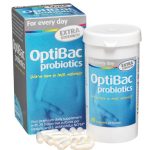 Optibac Probiotics for every day EXTRA STRENGTH – comprises five well-researched probiotic strains, including Lactobacillus acidophilus and Bifidobacterium bifidum, in an extra-strength dose of 20 billion live micro-organisms per capsule; also, results from a clinical trial suggest this supplement may reduce birch tree pollen sufferers’ symptoms (hayfever).
Optibac Probiotics for every day EXTRA STRENGTH – comprises five well-researched probiotic strains, including Lactobacillus acidophilus and Bifidobacterium bifidum, in an extra-strength dose of 20 billion live micro-organisms per capsule; also, results from a clinical trial suggest this supplement may reduce birch tree pollen sufferers’ symptoms (hayfever).
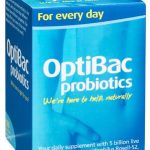 Optibac Probiotics for every day – a high-quality supplement containing five billion live probiotics per capsule, six probiotic strains and added prebiotics to help maintain, on a daily basis, digestive health, immunity and energy levels.
Optibac Probiotics for every day – a high-quality supplement containing five billion live probiotics per capsule, six probiotic strains and added prebiotics to help maintain, on a daily basis, digestive health, immunity and energy levels.
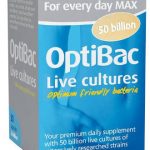 Optibac Probiotics for every day Max –promotes a healthy balance of ‘friendly’ bacteria throughout the entire intestinal tract; each capsule delivers 50 billion live micro-organisms.
Optibac Probiotics for every day Max –promotes a healthy balance of ‘friendly’ bacteria throughout the entire intestinal tract; each capsule delivers 50 billion live micro-organisms.

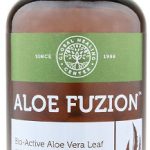
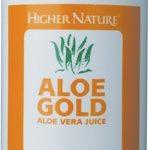
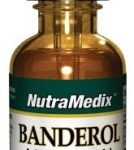
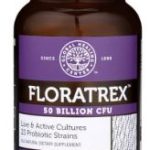
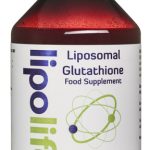
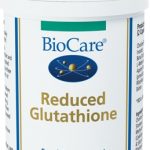

 NADH is one of those natural products I have regarded as ‘special’ ever since I saw it produce remarkable effects for my father in his later years. It has a valid and rightful place in all of the following categories of the web site…
NADH is one of those natural products I have regarded as ‘special’ ever since I saw it produce remarkable effects for my father in his later years. It has a valid and rightful place in all of the following categories of the web site… Mark G. Lester
Mark G. Lester